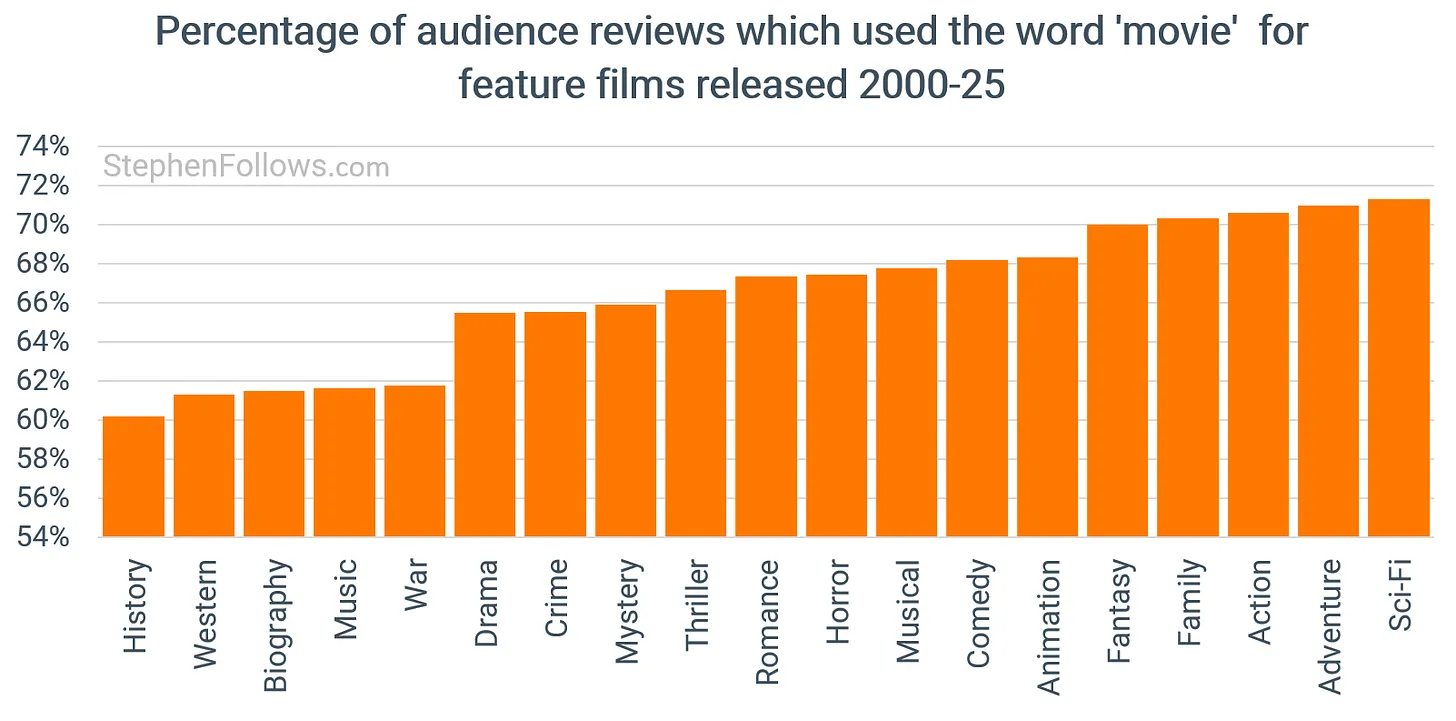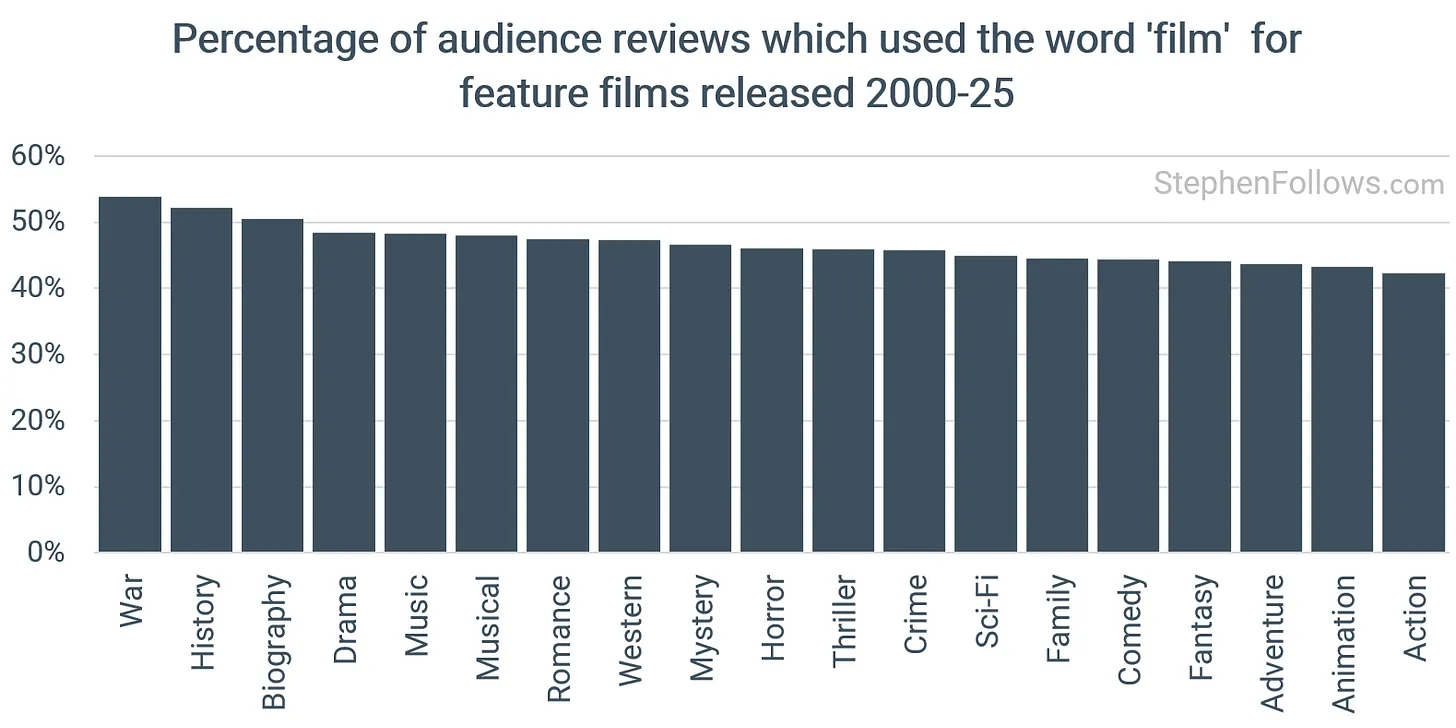Franklin Leonard followed up his recent post with “The Moral Case for ‘Selling Out’ 2“.
He begins:
“A lot of people are confusing “logline” with “pitch.” That confusion is definitely costing you reads. PLOT ≠ PITCH. Something you all need to know: Nobody cares about your logline. Even when they ask for your logline, they don’t want your logline. What they want is your pitch. And a pitch is called a pitch because it’s a sales pitch. If your logline functions like a pitch, congratulations: you’ve accidentally done it right. If it reads like a synopsis, it’s dead weight.”
He wants your pitch to make people curious: “In its optimal form, a pitch is the fewest words that create a small, sharp void in someone’s mind that they feel a desperate need to fill.”
He follows up with a list of four logline/pitch templates, with great examples:
- The What If (aka The Act One) A single disruption that instantly forces the question, “Okay, well, then what happens?”
- Central Conflict + (Venue and/or Stakes) Two clear forces collide in a specific place and with specific consequences you can feel.
- Everything Old is New Again A recognizable commercial engine, but with a protagonist swap that changes the moral temperature of the movie.
- “A meets B” (but only under very specific conditions) Two movies with seemingly opposing values or tones slammed together in a way that creates tension that the audience wants to resolve.
Compare these with the logline formula Michael Anthony taught me:
When an [adjective*] [character] wants an [objective] they must overcome some [obstacle or inciting incident] — but can they succeed or face a [consequence]? (*adjective should be the quality that is tested/changes as a result of the story.)
Michael’s form tends to help you break the story whereas Franklin’s might elicit more curiosity. (Truth be told, Michael’s formula is basically Franklin’s What If model.)
My Take: always be closing! I think realizing your logline needs to pitch your project more than explain the plot actually makes it easier to create.


